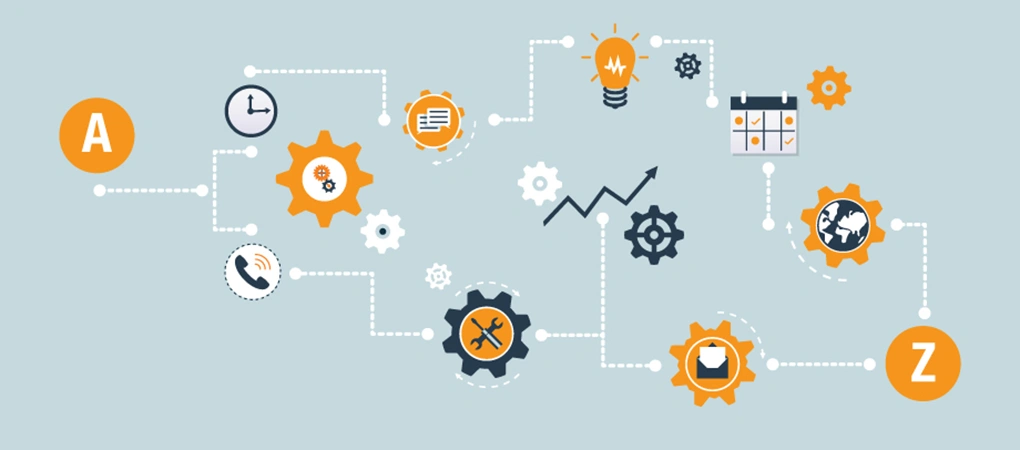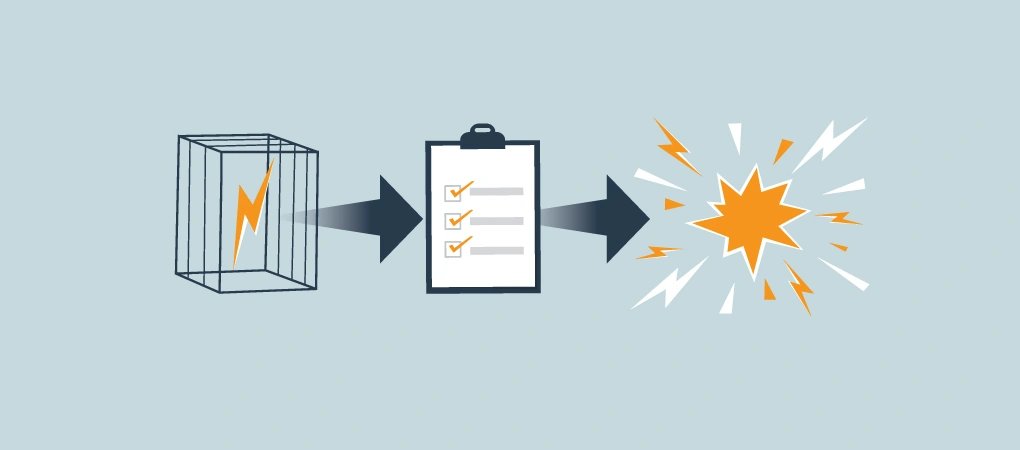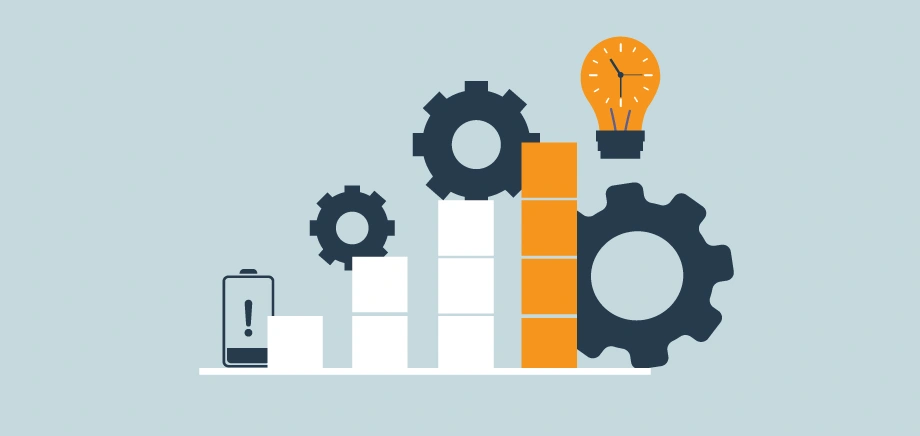A Brief History Of Multipliers
Dan Sullivan

The past 200 years of Western history can be seen as the story of people gaining access to greater and greater multipliers. Compound interest is one of the greatest new multipliers; the next greatest are the technologies that have emerged.
Individual access to technology.
In the industrial age, these technologies — such as factories, railroads, and telephone systems — were owned by a few individuals. But in our microchip age, billions of people own low-cost devices like cell phones and computers, which are great multipliers for organizations and individuals.
The politics and economics of the world have also evolved over these past two centuries to support the expansion of technological multipliers. Political leaders and regimes only remain popular if they keep increasing the number of multipliers people have access to. “Bad” leaders and regimes prevent their people from taking advantage of multipliers that individuals in other places have.
Growth of the “multiplier mindset.”
The whole world is developing what I call a “multiplier mindset” about their lives. For instance, parents want their children to have multiplier opportunities — greater resources and capabilities than they’ve had. This desire, however, can cause many people problems, because the multiplier mindset has two sides to it, and most people only understand one side.
Although people living today in developed countries enjoy lifestyles that would have been impossible for all but the wealthy a century ago, this alone doesn’t necessarily make them feel happy or satisfied. Countless researchers have documented the increase in anxiety that comes with an affluent lifestyle. So while it’s clear that many individuals love the multiplier benefits that capitalism brings, it’s also clear that there are vast inequalities in the way that multipliers affect individuals.
Billions of people in the world understand one side of the multiplier mindset — that we live in a world of multipliers — and they expect things to keep getting better, that things will become easier and more enjoyable, and that ever-bigger results will happen more quickly.
But as I said earlier, this is just one side of the multiplier mindset. The other side is essential. Without it, growth can’t be sustained, and dissatisfaction is inevitable — even in this age of multipliers.
In my next post, I’ll explain the vital difference between the two sides of the multiplier mindset.






